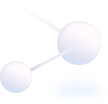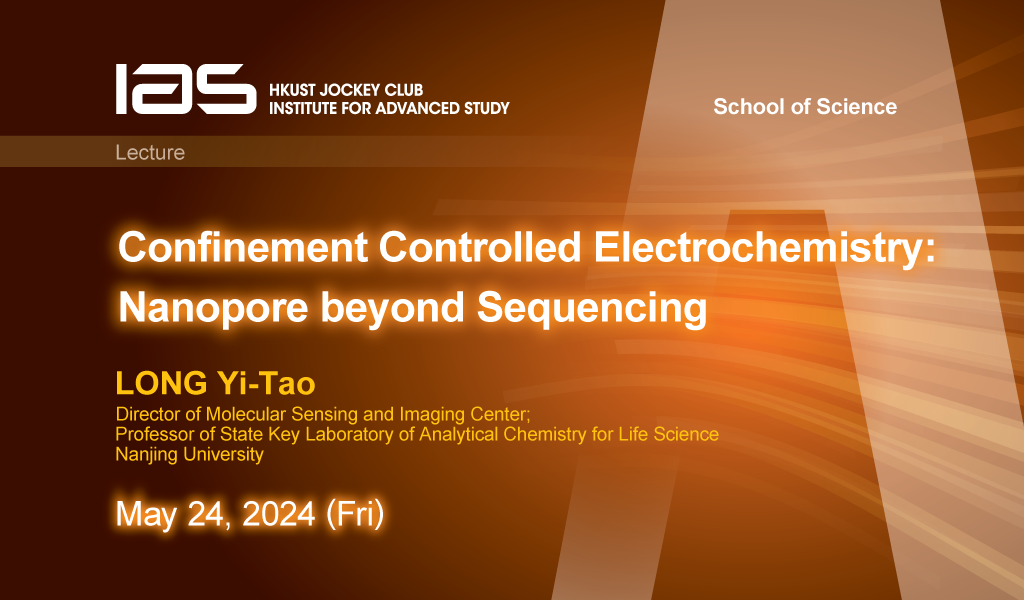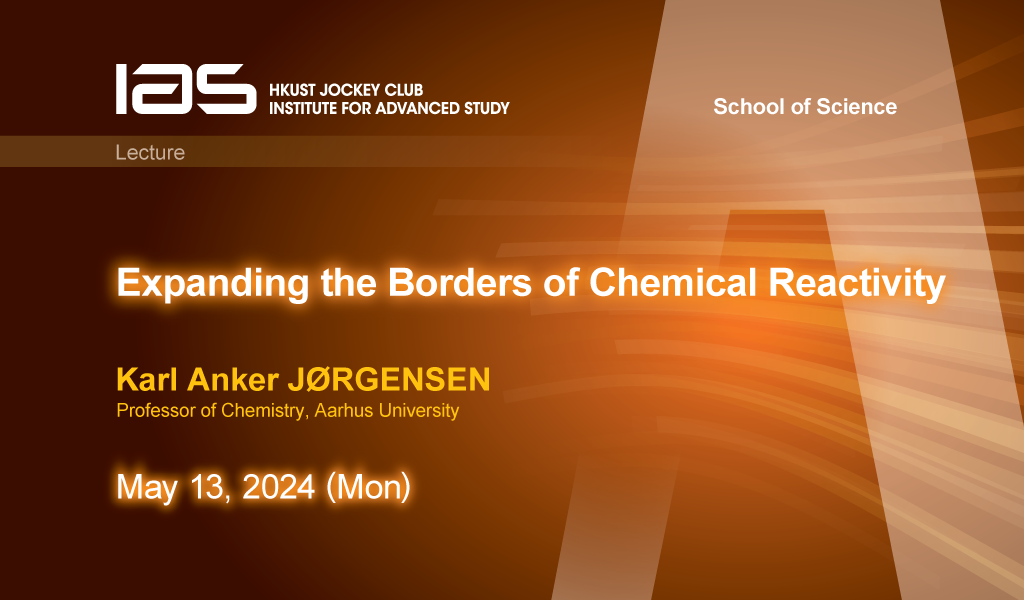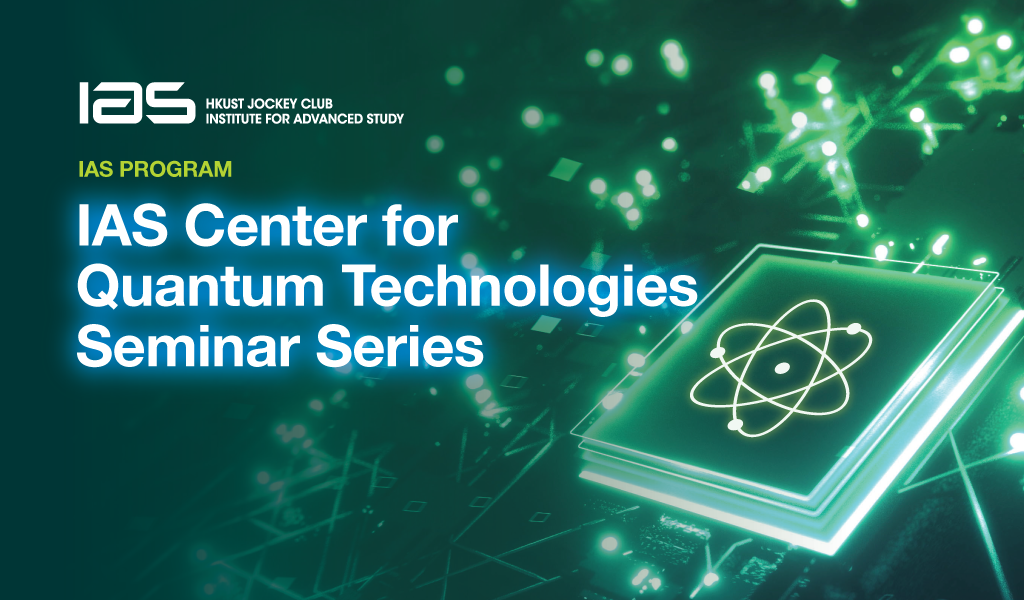Abstract
High energy physics is facing challenges in understanding the origin of cosmic baryon asymmetry and the nature of dark matter. Scenarios to address these challenges often involve dynamics that at present cannot be solved due to computational or theoretical limitations. An elegant solution exists in the form of real-time simulation, though hampered by limited quantum resources for the foreseeable future. In this talk, the speaker will motivate the critical need for real-time simulation in high energy physics and discuss existing challenges and techniques involved. Then she will focus on using improved Hamiltonians to lower the qubit requirements. With derivations of the matrix elements for the improved terms and constructions of the corresponding quantum circuits, the speaker and her collaborators pave the way of simulating these improved Hamiltonians in real-time for general gauge theories.
About the Speaker
Dr. LI Ying-Ying obtained her PhD in Physics from the Hong Kong University of Science and Technology in 2019. In 2019-2022, she was a Postdoc at Fermi National Accelerator Laboratory. She will be joining the University of Science and Technology of China as a new faculty soon.
Dr. Li’s research mainly covers phenomenology of particle physics and applications of quantum techniques to high energy physics.
About the Program
For more information, please refer to the program website at https://iascqt.hkust.edu.hk/.




